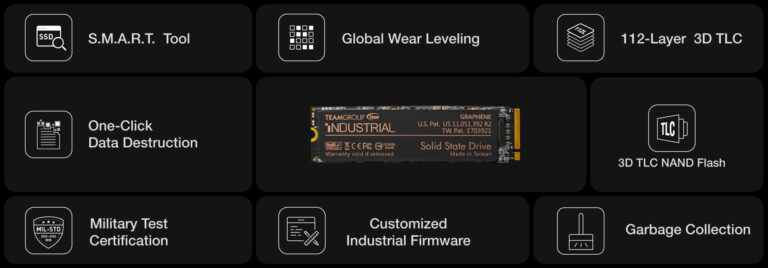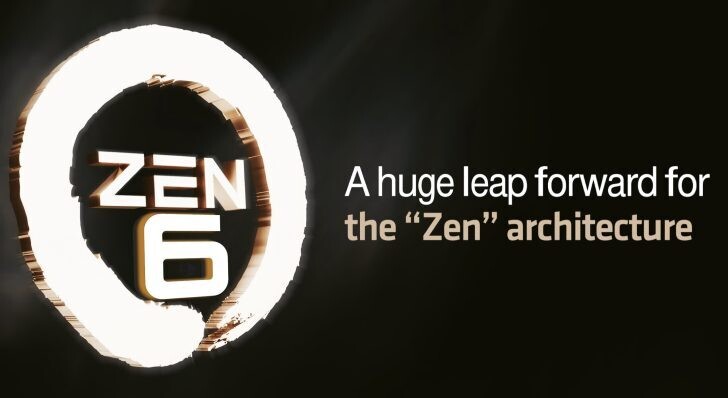
A South Korean research team has unveiled a nuclear-powered battery that could revolutionize energy storage, offering a recharge-free lifespan of decades. Utilizing radiocarbon and betavoltaic technology, this innovation aims to power devices like pacemakers and satellites, addressing the limitations of lithium-ion batteries. Presented at the American Chemical Society’s Spring 2025 meeting, the development signals a shift toward sustainable, long-lasting energy solutions.
Harnessing Radiocarbon for Power
Led by Professor Su-Il In from the Daegu Gyeongbuk Institute of Science and Technology, the team has developed a battery that converts beta particles from radiocarbon—a safe, abundant isotope with a 5,730-year half-life—into electricity. Unlike uranium or plutonium, radiocarbon emits only beta rays, which are easily shielded by aluminum, making it a secure option. The prototype’s dual-electrode design, placing radiocarbon in both the anode and cathode, boosts efficiency from 0.48% to 2.86%, a significant leap forward.
A Solution Beyond Lithium-Ion

Lithium-ion batteries, ubiquitous in smartphones and electric vehicles, face challenges like frequent recharging and environmental impact. Professor In noted their performance has “almost saturated,” driving the need for alternatives. The nuclear battery’s titanium dioxide semiconductor, enhanced with a ruthenium-based dye and citric acid, captures beta radiation to generate power, offering a durable alternative despite lower output compared to lithium-ion’s 90% efficiency.
Applications and Future Potential
This technology could transform industries. Pacemakers powered by radiocarbon might never need replacement, while satellites, remote sensors, and even drones could operate indefinitely without recharging. Though still in development, with ongoing efforts to improve efficiency, In envisions a future where compact nuclear batteries integrate safe energy into everyday devices. Supported by Korea’s National Research Foundation, this innovation marks a bold step toward sustainable power.





